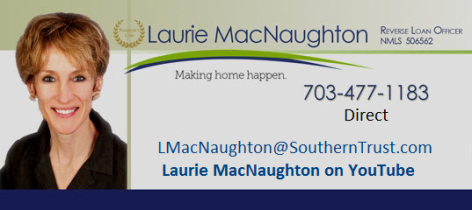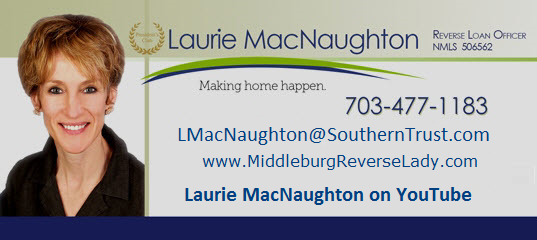Laurie Denker MacNaughton [506562]
The respirator’s soft “chhhh…pffff” sounded in the background as Susan and I sat at the kitchen table. “Years ago,” Susan told me, “I promised Mom, come hell or high-water, I would let her die at home – and I plan to do whatever it takes to keep my promise.”
It’s one thing to say that. But what do you do when you’re overseeing care and medical needs outpace your ability to foot the bill?
Susan’s parents had not gone into retirement financially unprepared: they retired with federal pensions, Social Security and Medicare, substantial savings, little debt and no mortgage. But four years back, on Thanksgiving, Susan’s mother had a massive hemorrhagic stroke. She spent 3 weeks in the hospital, and another 30 days in rehab. But when she failed to progress in her recovery, she was discharged – and Susan, true to her word, brought her mother home.
First they utilized their long-term care benefits until the benefits ran out. Then they used their savings. When those were gone, Susan began tapping her own retirement savings to help cover her mother’s in-home medical care. This was clearly unsustainable, so Susan made an appointment with an elder law attorney, who suggested she look into a reverse mortgage for her mother.
In this case, due to the value of the home and the homeowners’ ages, the reverse mortgage will provide funds enough to cover another 4½ years of care, and the attorney is working to put in place additional benefits that will further stretch the reverse mortgage funds.
Increasingly, boomers face this same challenge: helping mom and dad finance care, even as they themselves labor to save for retirement. Reverse mortgage can play a significant role in helping balance this equation.
Is a reverse mortgage a fit for everyone? Of course not. No one financial product is.
But as we Americans age, nearly all of us will need every financial tool available, either as we fund our own retirement, or help mom and dad fund theirs.
If you have questions, give me a call. I always love hearing from you.





